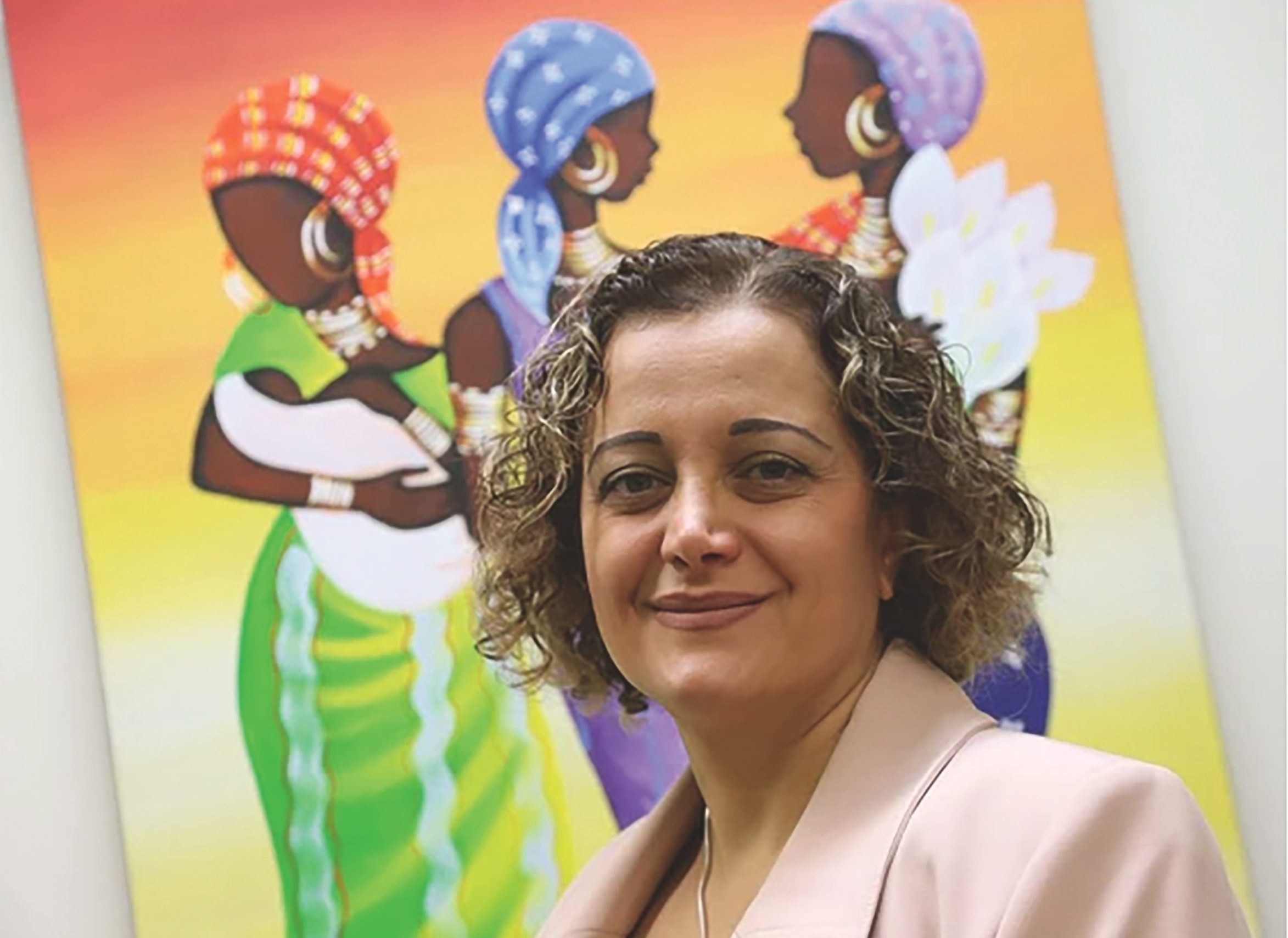Arghavan Gerami is trying to get hundreds of Afghan female judges and their families to safety — and is learning the shortcomings of Canada’s refugee system along the way.
The founder and senior counsel of Ottawa immigration firm Gerami Law is part of a group of volunteer lawyers who advocate on behalf of Afghan refugees looking to settle here. Her work to get the judges and their families, a group of about 230 people, out of Greece to Canada has highlighted the many hurdles Afghan migrants face, even though the federal government has waived some fees and relaxed some criteria for their entry.
The judges had short-term Greek visas that were set to expire soon. “These individuals needed a solution immediately to come to Canada,” she says. Gerami, through the Canadian Bar Association, reached out to Yasir Naqvi, her member of Parliament in Ottawa Centre, asking for “a solution and direct path” to Canada. On Dec. 31, the government announced that it would get the female judges to safety within a few months. “But that’s an exception they’ve made in this case,” Gerami notes.
Most Afghans looking to come to Canada don’t get that kind of direct intervention. Canada has priority processing for vulnerable Afghans such as journalists, rights workers, politicians, ethnic and religious minorities and LGBTQ+ individuals. Even with that priority pathway, those people “have to find a way to a neighbouring country, which can be very risky” — and the neighbouring country has to have a UNHCR presence to process them as refugees or, in rare cases, be willing to process them as refugees directly.
Next, there’s the wait. “It will take years for them to get resettled to Canada…or to be sponsored through a private sponsorship like a group of five,” Gerami says. “These individuals don’t have the possibility and the authorization in neighbouring countries to stay there for years.”
She has some ideas on how the government might expedite the process. During the Syrian refugee crisis, Canada waived the requirement for Syrians to apply from a neighbouring country, treating them as de facto refugees. “They could make a specific program, a humanitarian program with criteria for people to apply directly from Afghanistan,” Gerami says.
Alternatively, she says the government could issue temporary residency permits (TRPs) to get Afghans to safety and process them in Canada. She envisions a policy that instructs immigration officers: “Accept these TRPs from Afghanistan; don’t reject them.”
“The government needs to really prioritize or not make the promises,” she says. “If the promises are made, prioritize and put in the resources to actualize those promises.”
***
Matthew Best is a journalist in Toronto.
This story first appeared in Broadview’s July/August 2022 issue with the title “Finding solutions and a direct path.”















